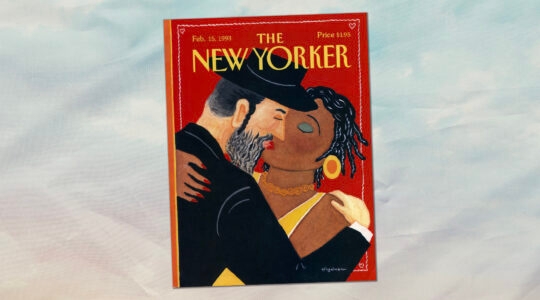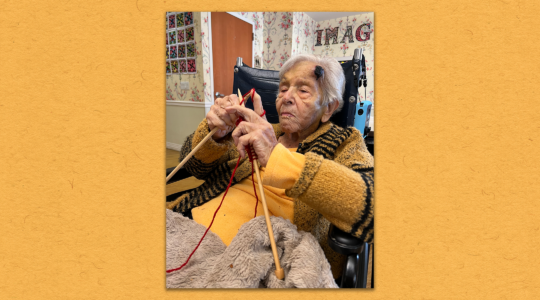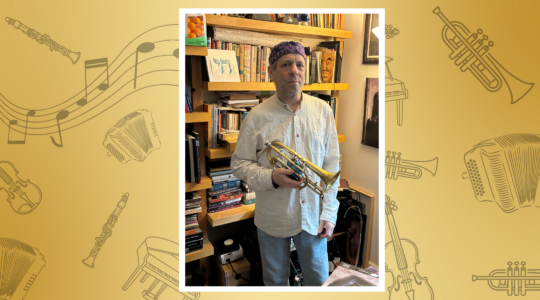If you ask college senior Lia Weiner what she wants to do when she graduates, her answer is simple: solve the Israeli-Palestinian conflict.
“I’m not trying to change people’s opinions and make them ‘pro-this,’ or ‘pro-that,’” said Weiner, a Tel Aviv native and an ethics, politics and economics major at Yale University. “I’m just trying to encourage understanding. Rather than turning towards a boycott and battles on campus, I want to encourage respect for others’ opinions.”
Last week, Weiner won first place in the Campus Pitch Initiative, a campaign where college students propose innovative ways to engage college students with Israel. The competition, launched by the Israeli Consulate in New York and the World Jewish Congress last year, selects five finalists and awards $5,000 to fund the winning proposal.
Weiner’s proposal will bring David Makovsky, senior fellow and director of the Project on the Middle East Peace Process at The Washington Institute; and Ghaith al-Omari, long-time advisor to the Palestinian negotiation team, to Yale in April. Makovsky will be assigned 10 pro-Palestinian students and prepare them to negotiate on behalf of the Israeli delegation, while al-Omari will be assigned 10 pro-Israel students who will represent the Palestinian delegation.
Now, more than ever, the incentive to come up with a “creative formula for peace,” is there, said Weiner, noting President Donald Trump’s abrupt break with diplomatic tradition by declining to commit to a two-state solution to the Israeli-Palestinian conflict.
“We’ve been in a stalemate for so many years,” said Weiner, who served in the Israel Defense Forces before coming to Yale. Since beginning on campus, she has spearheaded several initiatives to “move the conversation forward,” including MEREAD, a group that addresses the Mideast conflict through education, action and dialogue. “I want students on both sides of the issue to understand what compromise really means,” she said. “We will not get everything we want, but compromise allows for a better future that we can share.”
Last week, all five finalists presented their proposals to a panel of judges; finalists came from NYU, University of Pennsylvania, Brooklyn College, The New School and Yale.
NYU finalist Adela Cojab, working with students from the pro-Israel club Realize Israel, pitched a way to use “intersectionality” — the new buzzword for collaboration between diverse student groups — to their advantage.
They pitched a screening in Washington Square Park of a film about Israel’s thriving LGBTQ culture. The event is intended to initiate partnerships with LGBTQ, gender studies and film groups on campus.
In the past, “intersectionality” has made it difficult for pro-Israel groups to collaborate with other student groups — Cojab recalled how three black student clubs pulled out an event celebrating Ethiopian Jewry saying they “don’t support Israeli apartheid.” She hopes the team’s pitch will begin to turn the tide.
Cojab, whose parents are from Syria and Lebanon said she thinks her unique background (she considers herself a Latino Arab Jew) makes her an ideal spokesperson for intersectional interests. “The key is to talk to other groups on campus and show them that your cause goes hand-in-hand with their cause,” she said.
Representatives from the Israeli Consulate in New York and the World Jewish Congress will help all of the finalists put their ideas into action, said Jackie Retig, director of academic affairs at the Consulate.
“Students are on the front lines,” said Retig. “Students are the ones experiencing BDS, and engaging with others about Israel on campus. Instead of pushing our own agenda, we want to find out from the students what they want to do. We’re here to empower them and support them, not dictate the terms.”
The New York Jewish Week brings you the stories behind the headlines, keeping you connected to Jewish life in New York. Help sustain the reporting you trust by donating today.




